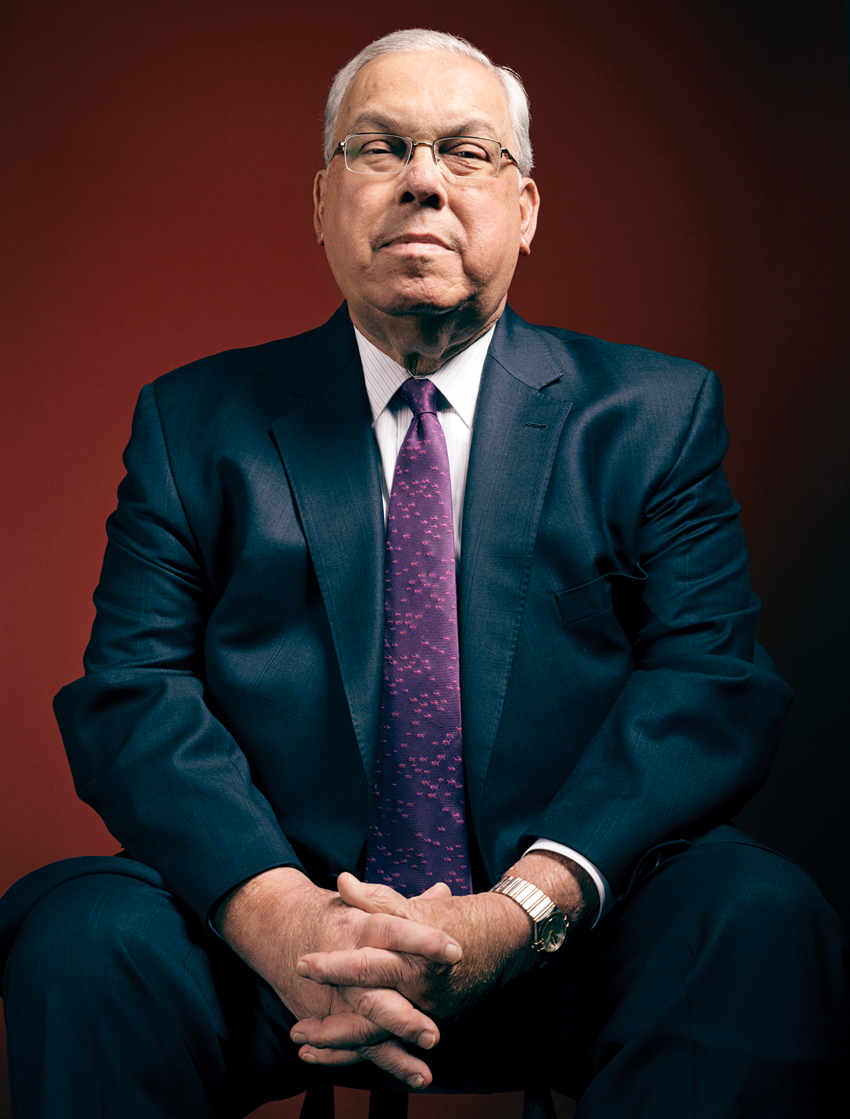After Mayor Menino, What Comes Next?

Photo by Scott M. Lacey
There’s no mistaking Boston’s jagged, foreboding City Hall for the sumptuous palace at Versailles, but Mayor Tom Menino’s nearly 20-year term draws comparisons more to royalty than any mere elected official. It’s impossible to overstate his omnipresence: on trash day recently while walking out my front door, I saw emblazoned across the city’s new recycling bags “Thomas M. Menino, Mayor” in giant letters. While his reign most closely resembles that of Louis XIV, the Sun King, as the final chapter begins, the epigram most suited to the moment might be that of his successor Louis XV, the last French king to enjoy the luxury of dying in bed with his head attached: “Après moi, le déluge.”
While the dust has barely started to rise before it can begin to settle, one thing is for sure: whatever comes next is going to get complicated.
Many commentators will note—properly—that no one remains mayor across three decades without doing some things right. Unlike, say, the imperial Daleys of Chicago, Menino has presided over a period of relative peace and prosperity with generally decreasing crime, a vast improvement in the built environment, and some recent successes attracting businesses to replace the corporate headquarters lost in the wave of consolidation that began early in his term. On top of that, his tenure has been marked by remarkably few corruption scandals of the sort that have plagued other cities and ended his predecessors’ terms.
But Menino didn’t just play defense. To quote Ralph Waldo Emerson, “When you strike at a king, you must kill him,” and the list of Menino’s opponents is a list of has-beens: Peggy Davis-Mullen, Maura Hennigan, and Michael Flaherty, to name just the official ones. Former city councilor Sam Yoon, whose name didn’t even appear on the final 2009 ballot, was rendered so radioactive by his support of Flaherty that he claims he had to move to D.C. just to get a job. The City Council itself, which holds far less power than the Mayor in the best of times, has been largely rendered a second-rate reality show whose main purpose seems to be to remind Boston residents how lucky we were to have Menino as mayor instead of one of the 13 dwarfs.
All of which promises to make not just the next seven months, but the next four years, highly combustible. While there’s been a meaningful dissenting camp to most of Menino’s policies, his lack of unforced errors and unstoppable political machine have prevented this dissent from coalescing into a single credible opponent. For much of the past 20 years, talking about post-Menino Boston politics has been like a dorm-room bong session contemplating a world without money. It’s going to take a lot more than one election to figure out what’s next.
Much like many observers suspected an elderly Joseph Ratzinger was selected to succeed the larger-than-life John Paul II precisely because he wouldn’t last too long, what Boston needs next is a palate cleanser, a one-termer to give us time to figure out what we really want the city to look like in 2023—before we elect another mayor-for-life. Just take a look at the Senate. Even if you’re a Democrat, you should be glad Scott Brown was around in 2009 to interrupt the installation of Martha Coakley as our senior senator-to-be. So … does anybody want to buy Sam Yoon an Amtrak ticket?


